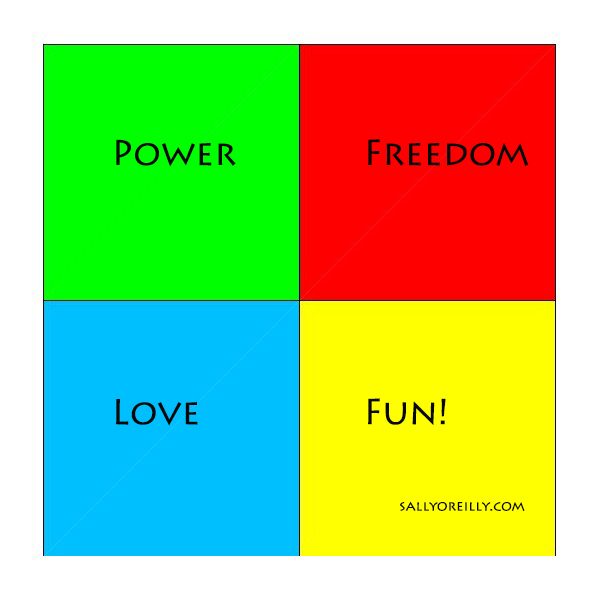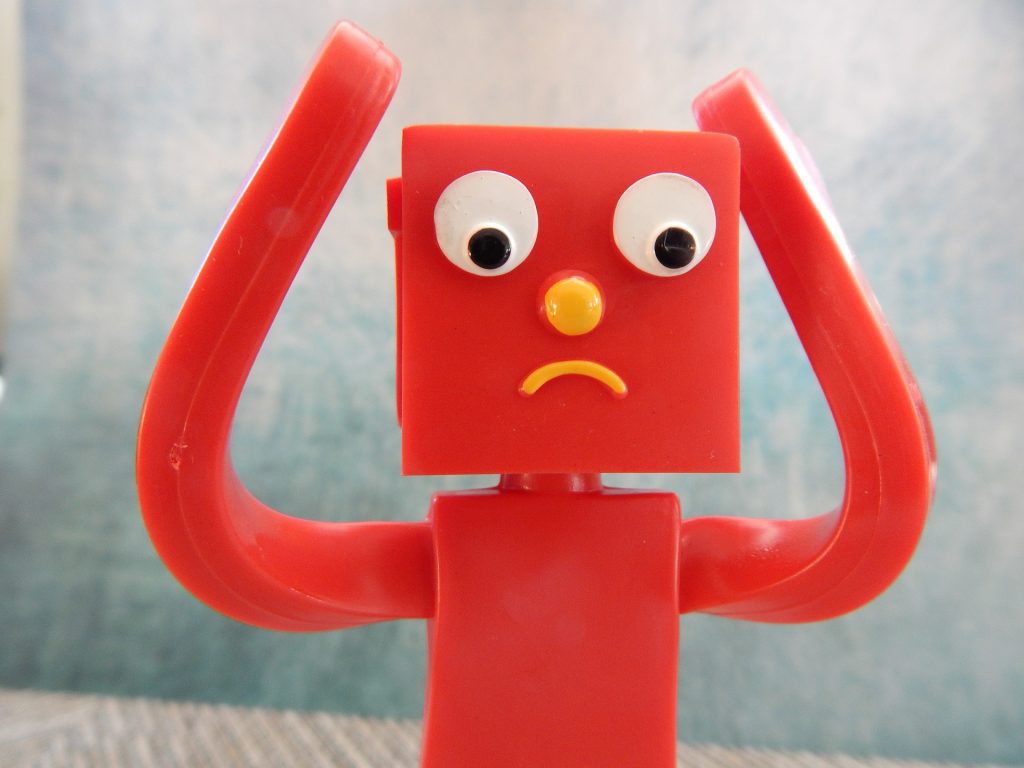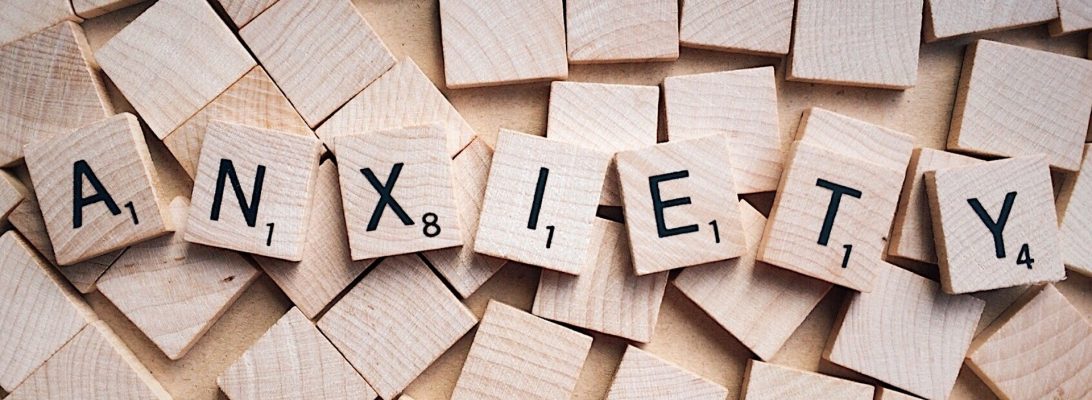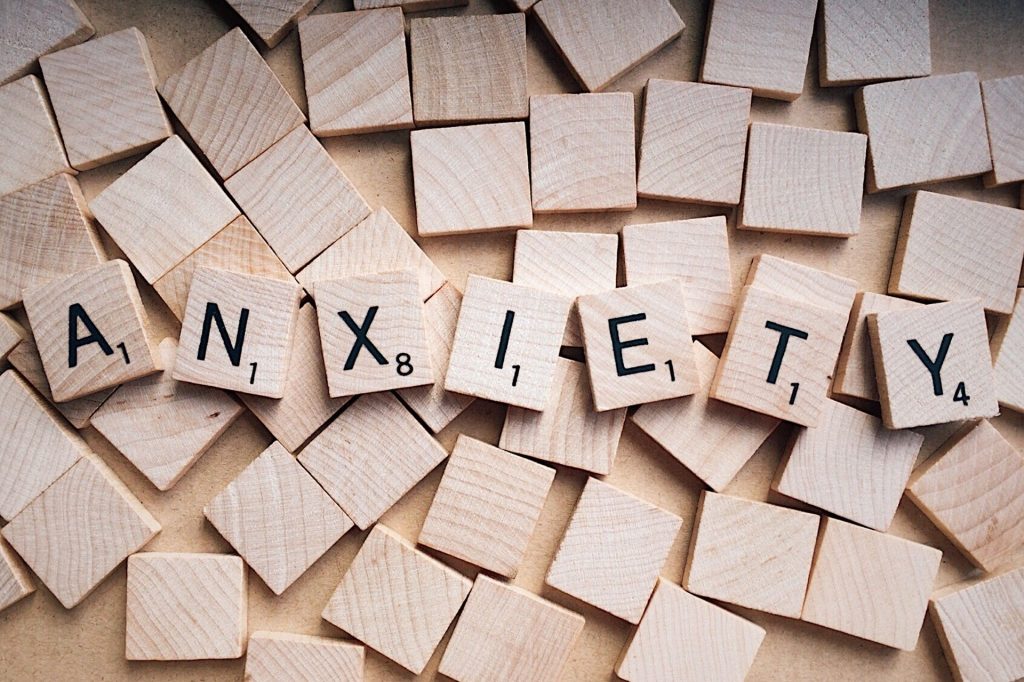I usually avoid writing when I’m on leave but y’know sometimes you see something and you get the rages, and as a colleague said to me yesterday as we raged to each other – sometimes right is just right. And so you respond.



I usually avoid writing when I’m on leave but y’know sometimes you see something and you get the rages, and as a colleague said to me yesterday as we raged to each other – sometimes right is just right. And so you respond.

I saw this post on a friend’s feed. It’s grim stuff. Got me all annoyed and rolling my eyes.
And then I watched it a second time with my husband and it felt even worse.
Continue reading
Some of you will have read a piece on sexting a while back. Here’s the ‘how-to’ follow up.
So before we start into it, I want you to know that I do understand that some parents would rather stick a needle in their ear that talk about sex or sexting, even to each other! But the somewhat annoying reality it this – we are the grown ups and it’s our job to do this.
Otherwise porn will do it for you.
‘Nudes’ and ‘three-ways’ are already part of the vernacular for the average thirteen year old.
Can you remember being thirteen?
Continue reading
It’s a good thing to resign when one makes an error – it’s part of political life and we all understand that. And we all like an apology – if it rings true. Right?
Continue reading
The first social media post I saw this morning was from a colleague. She has a substantial social media following and a successful training career. Her status read “As*holes in Dublin Yesterday. WTF!”
Attached was a photograph was protestors in Dublin gathered in their thousands on the city streets protesting the abhorrent display of racial violence in the US. The world is stunned. And rightly so. Trump’s response is almost unbelievable, but that’s not what I’m going to talk about today – it’s too depressing and way beyond my control.

But were these people assholes? All 5000+ of them?? Maybe some of them were… maybe they were just looking for an excuse to get out and meet their friends in the sun and they hid behind a cause… only they know! But a lot of her page followers were not happy.
You may be tiring of me saying this – I’m not just saying it to you though, I’m saying it to myself too. We are all getting really good at being judgey these days. I’ve heard my own voice giving out about people coming to local beaches, not staying away from me, coming too close to me in shops.
Yes, we have restrictions. If I’m honest I’d feel a lot safer and warmer towards my fellow humans if we could all respect these restrictions. But I’m conscious of our individual and collective needs, like I mentioned in my last piece (yup, I’m definitely repeating myself).
We all need to feel a sense of power, freedom, fun and connection. The usual ways we meet these needs have been eroded recently. And we are undergoing a threat to our very lives – so we are scared. Which means we’re ratty, intolerant, hyper-vigilant, angry.

Then we see something happen that magnifies these feelings – like the death of George Floyd. It’s something else that really matters, and it’s an almost welcome diversion. It’s something else that’s bigger than us that we can join together and feel strongly about – except THIS time we might be able to feel we have agency. We can protest. We might even create enough momentum to cause change. It’s a feeling we need, a sense of power, autonomy, connection.
And good luck protesting a virus…

I’m not saying I agree with flouting restrictions and thereby putting peoples’ lives at risk (which is exactly what happened in my opinion) but I AM saying I understand why it happened. Sometimes we as humans feel we have to make a choice – FEEL we have to. And we might feel we need to choose one need over another. And those of us who make a different choice are frightened by that. Of course we are! And what do you do when you are threatened?

Well if you’re of the same species as I then you either go on the defense or offence. For me, that’ll be either in my judgey head where I’ll curse and silently roar at the guy who picked his nose with his gloved hand in the supermarket while veering so close to me I could smell that he had a cigarette recently – or it’ll come out of my mouth when I’m talking to friends and I’ll proclaim that EVERYONE’s coming to the beach here and NONE of them are practicing social distancing … (patently untrue).
Another piece I saw this morning was about how many people were gathered in the Lough in Cork this morning – and “why isn’t Leo doing something about that?”
What exactly is Leo supposed to do about that I wondered? Are we not capable of making our own decisions? Would those people feel contented if we invited fascism and had a police state monitoring our every movement?
Social economics research shows us that if people feel trusted we behave, on the whole, better than if we are policed heavily.
The problem is not Leo or whoever has the misfortune to be in government during these challenging times in whatever country. The problem is that people feel disempowered, isolated and scared and want to forget that for a while. Again I’m not saying it’s acceptable, just understandable.
We all feel better for a few seconds when we blame other people, or the government. But it’s fragile and temporary. We would serve ourselves better by having compassion and very importantly, by taking personal responsibility. Human rights are important and we do need to act together to promote change.
But how do we choose which is more important? Global race issues, human rights or health issues? Are they even separate things? Do we have to choose whos’ lives are more important? How on earth do we grapple with dilemmas like this?
I don’t have the answers. Maybe there are no answers. We’re all fumbling in the dark here.
That therapist called people assholes on her business Facebook Page and she was taken to task by many for doing so. I sat to write this and searched for her post to make sure I quoted her correctly. I was dismayed to find that she had taken the post down. She was silenced. I would have liked if she left it up. Not to lay herself open to attack but to show that she, like all of us, is prone to judgement, criticism and fear. It was a true teaching moment, and it’s lost. But that’s fine for me to say.
I get why she deleted it. If only we could delete everything we regretted or made us vulnerable to the judgment and wrath (ie fear) of others.
Each of us can look after our own fear, our own actions and take ownership of these things. We’ll slip, as I do, as she did, as the guy who picked his nose did. But that’s human. There aren’t as many as*holes out there as you may sometimes think. Let’s just look after ourselves and each other as best we can. This will all be over some day.
As in, we literally do.
Recently I was listening to an episode of Freakonomics (I heartily recommend) where they spoke about Negativity Bias. It’s one of many annoying cognitive biases that makes us notice negativity more than positivity. All of us…

When you can’t have a traditional funeral it’s a cruel, double loss. This is where we are now.
If you have been drawn to this post then perhaps you have just suffered a terrible loss, and won’t get to celebrate your loved one’s life and mourn your loss with the funeral that you and they might have wanted.
And if that is so, I’m sorry.
This post is about why funerals matter, what might be different without one, how that might affect you, and ways to help yourself through it.
Continue reading
Good evening all. I’m guessing many of you, like I, have just watched Leo Varadker’s address to the country. It is indeed a challenging time.
And what I take from it is we are to do our best to adhere to the guidelines as they still stand.

Most of what we’re seeing this last fortnight has been a mixture of horror stories and humour, the kind we Irish are particularly good at in times of adversity. Good old fashioned denial has its place.
But it’s been mostly horror hasn’t it?
Nothing is as contagious as fear.


Hi guys.
I’ve been contacted by a small amount of clients and several supervisees with regard to how to continue working effectively and safely as a therapist/psychologist during the next couple of weeks.

Bearing in mind the range of anxieties that are out there and the facts we have thus far, I want to put this out there, even though I’m sure you’re tired of hearing it:
COVID is transmitted through touching infected sneeze or cough droplets then touching your face, prolonged exposure to an infected person, or touching surfaces that someone who has the virus has coughed or sneezed on.
The best way to prevent exposure is to wash your hands properly, avoid infected people and avoid large groups. Next is to self-isolate if you believe you are infected.
And so, in alignment with the IAHIP, PSI and HSE I am confidently continuing to see clients on an individual basis. I have access to a private bathroom in BOTH practices. Each bathroom has soap and I have several sanitisers. I sanitise all hard surfaces including door handles before and after each client as well as attending to my own personal hygiene. There are no children in my house and no other people use my Youghal office entrance – or indeed my side of the building – it is entirely private. And to get super pedantic, there are more than 2 meters separating my face from yours, again, as per guidelines for infected persons (Of course, I am not infected and I would ask that if you are, that you stay at home).

The only “real” difference in my practice will be that I won’t be shaking anyone’s hand before or after sessions until this has run its course.
Also, in accordance with all professional bodies and EAP providers I am offering all clients regardless of health status Facetime, Skype, telephone or Zoom sessions – online payment will be facilitated. And of course my 24 hour cancellation policy will be waived if you have a sudden onset of symptoms.
Zoom is probably best. It’s free and easy to use: I would email you a unique password for your session and off we go!
If you are a current and existing client of mine I will be mailing this to you for your records.
Meanwhile , please, be aware that the media is catastrophising and there are sensible measures we can all take to protect ourselves and the vulnerable among us. I posted this on Facebook yesterday from our PSI president – it’s worth a read:
Stay well!
*I will update this page if there are any changes to my status